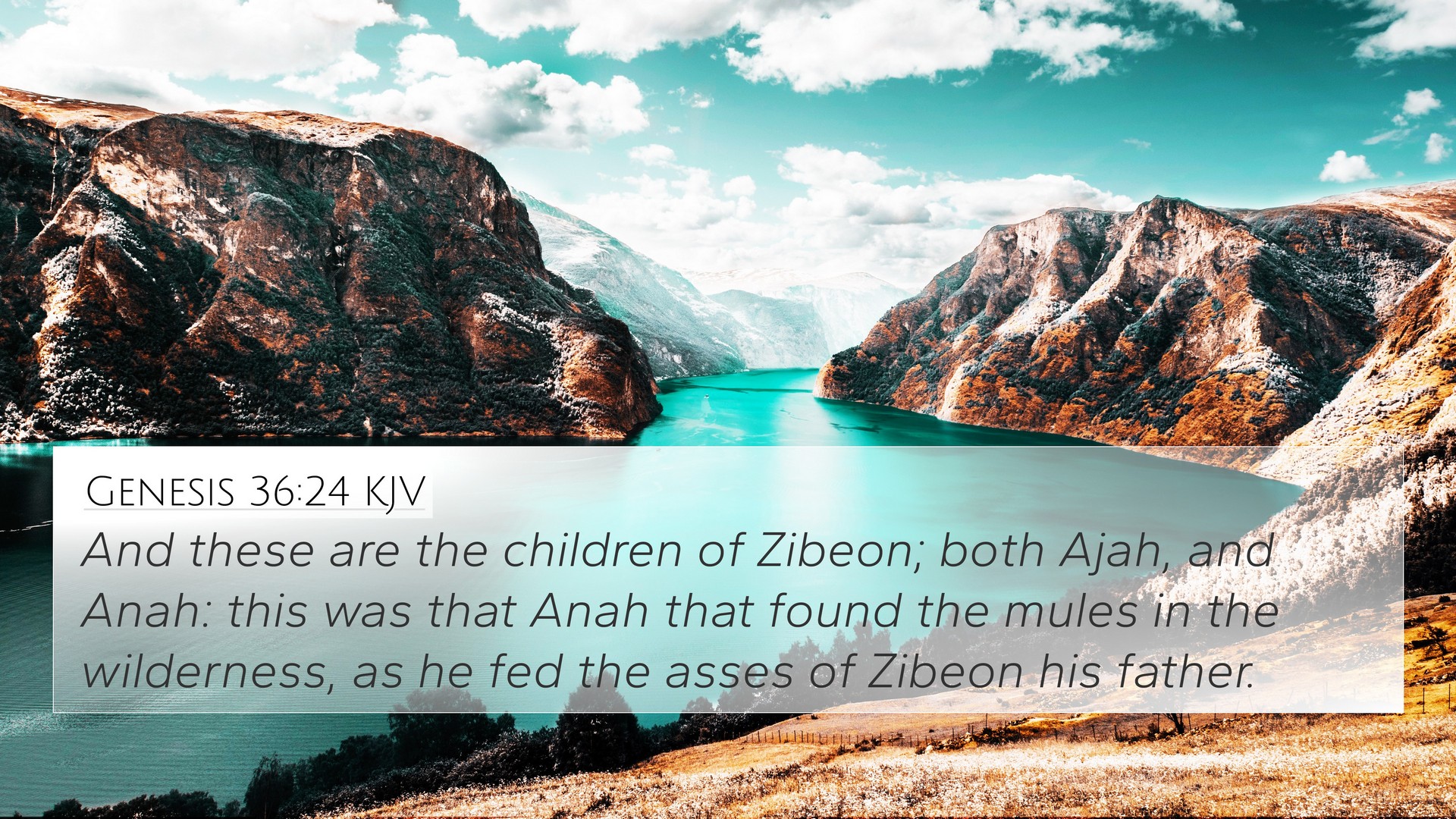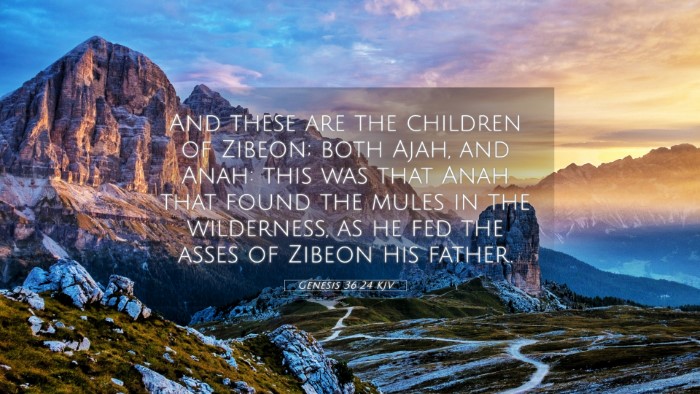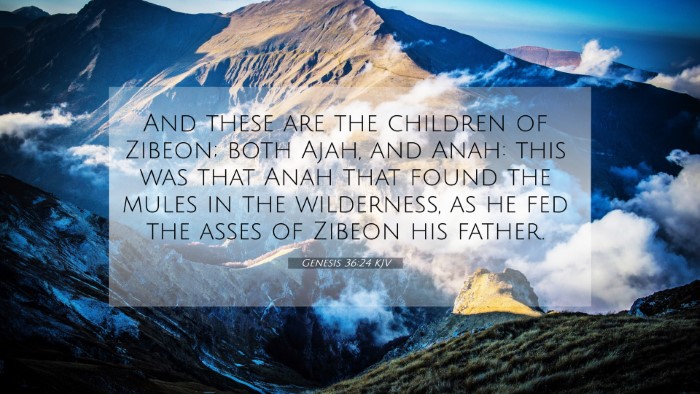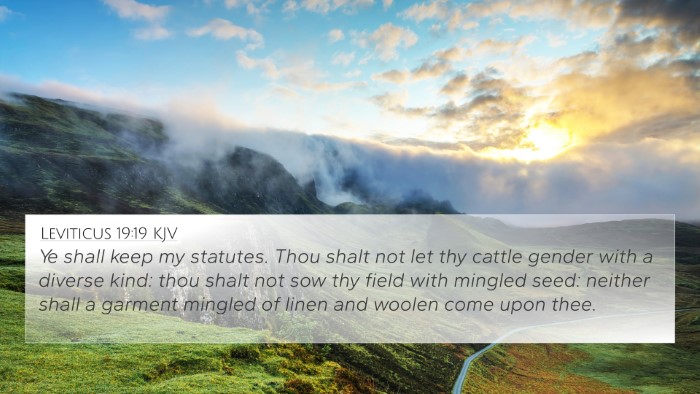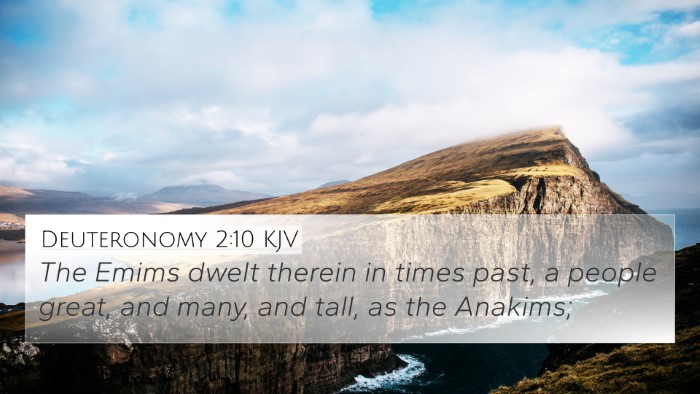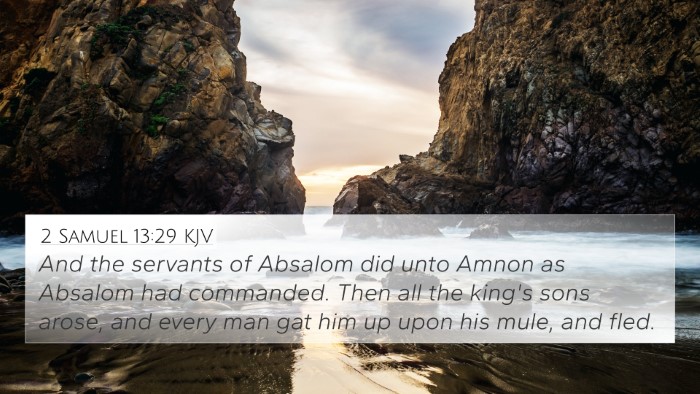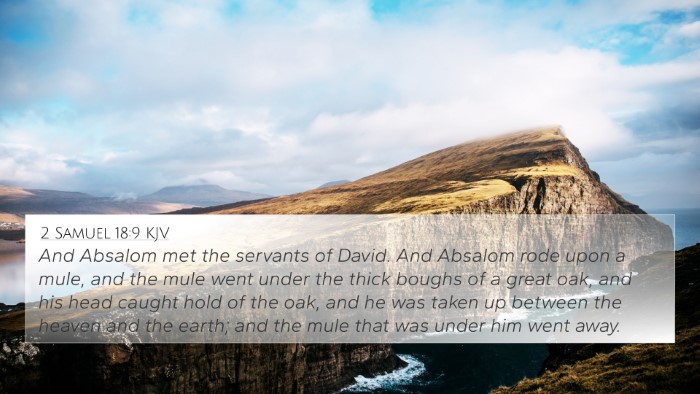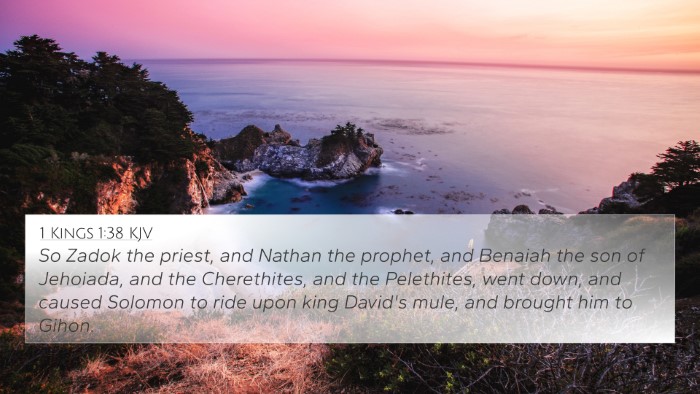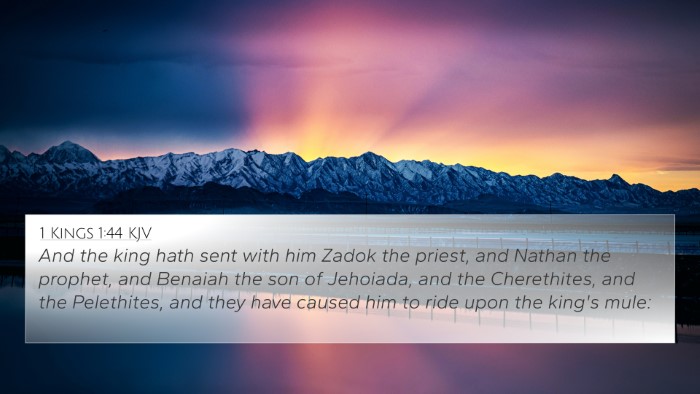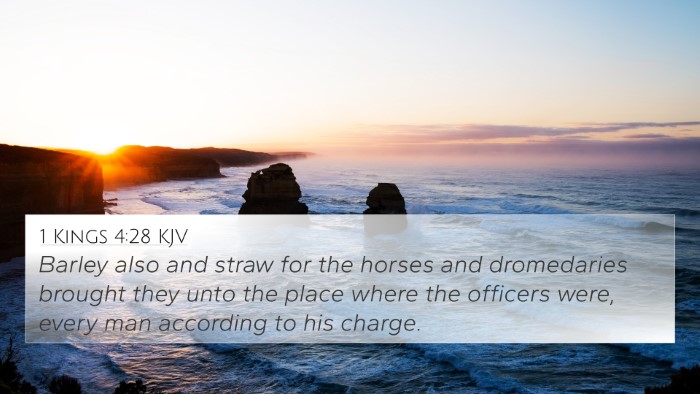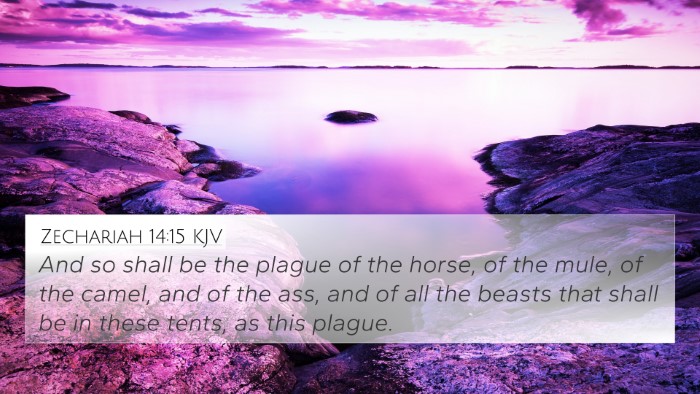Understanding Genesis 36:24
Genesis 36:24 states: "And these are the children of Zibeon; both Ajah and Anah: this was that Anah that found the mules in the wilderness, as he fed the asses."
Contextual Background
This verse is located in the genealogical records of Esau, providing insights into the descendants of Esau and his lineage. The mention of Anah, who is noted for finding "mules" in the wilderness while providently caring for his father's animals, highlights a connection between land, stewardship, and discovery.
Interpretations from Public Domain Commentaries
-
Matthew Henry's Commentary:
Henry emphasizes that genealogies serve a purpose in establishing the identity of the tribes and their connection to larger biblical narratives. Anah's role reflects how providentially God orchestrated events in the wilderness, where the discovery of mules speaks to resourcefulness and accessibility to God’s provision.
-
Albert Barnes' Notes:
Barnes points out that the identification of Anah as the discoverer of mules indicates a unique aspect of his character. This finding is significant, as mules were valuable for transportation and labor, thus linking Anah's discovery to an early awareness of the utility of nature's gifts.
-
Adam Clarke's Commentary:
Clarke comments on the translation and interpretation difficulties of the term "mules." He suggests that this could refer to various types of wild animals, thereby illustrating man's relationship with nature and the wilderness experience as a metaphor for spiritual journeys and discoveries.
Thematic Connections
This verse invites various themes found throughout Scripture: stewardship of creation, discovery, and divine provision. Below are critical thematic connections:
- Stewardship: The act of caring for animals serves as a metaphor for responsible stewardship in our spiritual lives.
- Discovery: Anah's encounter with the mules symbolizes the idea that God's provision often comes unexpectedly in our lives.
- Wilderness Experience: The wilderness can represent a time of testing and preparation, which is echoed in the experiences of figures like Moses and Jesus.
Cross-Referencing Biblical Texts
Genesis 36:24 can be linked to several other scriptures that deepen our understanding of its implications and insights:
- Genesis 16:7-14: The account of Hagar in the wilderness parallels the wilderness experiences in which God manifests His provisions.
- Exodus 3:1-6: Moses encounters God in a wilderness setting, leading to significant revelations and the beginning of God's plan for His people.
- Matthew 4:1-11: Jesus' time in the wilderness mirrors the motif of being tested but fundamentally discovering His mission and reliance on God's words.
- Proverbs 12:10: This verse emphasizes righteous care for animals, echoing the theme of stewardship found in Anah’s narrative.
- Job 12:7-10: Job's discussion with his friends reflects on God's creatures, drawing upon the interconnectedness of life and creation.
- Isaiah 43:19: God's promise of new avenues and provisions relates to the discovery theme found within Anah's story.
- Psalm 104:24-25: This psalm extols God’s creative power and stewardship of nature, weaving together creation and man's role.
SEO Keywords and Their Relevance
The study of Genesis 36:24 incorporates several relevant keywords. Understanding this verse illustrates:
- Bible verse cross-references: Genesis 36:24 holds significant connections to other biblical passages that explore stewardship and divine provision.
- Connections between Bible verses: The discovery of mules resonates within the broader theme of God’s providence throughout Scripture.
- Cross-referencing Biblical texts: The verse can be cross-referenced with other significant moments of discovery and care in both Old and New Testaments.
- Tools for Bible cross-referencing: Utilizing a Bible concordance can aid in exploring these connections effectively.
Conclusion
In summary, Genesis 36:24 presents a layered picture that invites readers to unpack the wealth of information within genealogies. Through stewardship, discovery, and divine provision, interconnected themes emerge, enhanced by cross-referencing with related Scriptures. Engaging with this verse provides valuable insights for both personal devotion and scholarly exploration, illuminating the rich tapestry of Biblical narratives.
